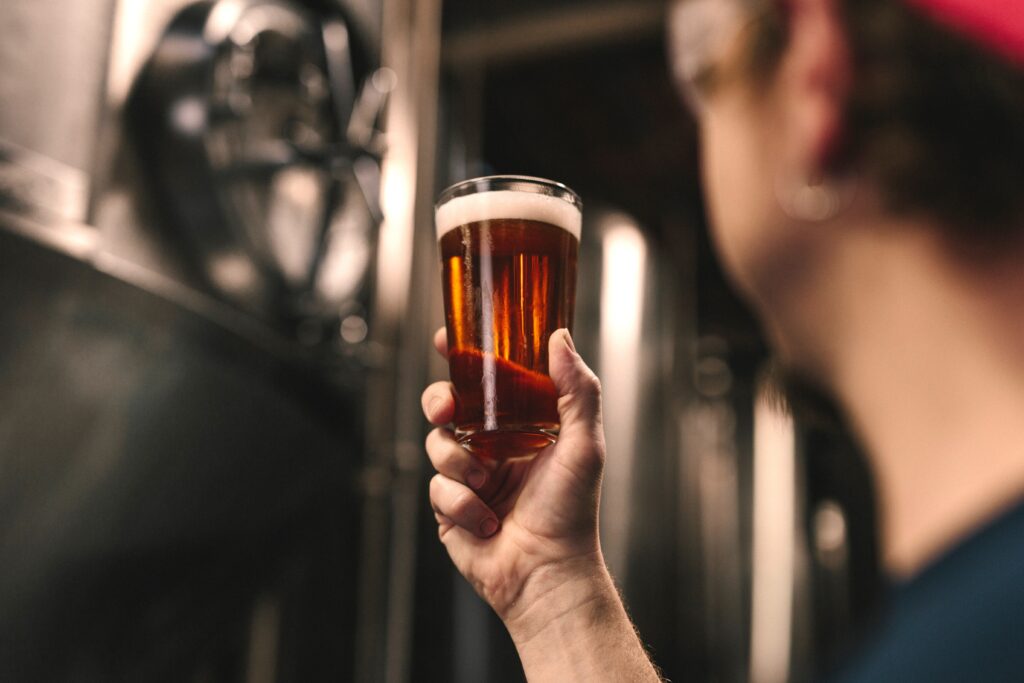This post was written by Dan Versace ’20. Connect with him on LinkedIn.
Since the craft beer boom of 2012 started, many brewers across the country have found it hard to differentiate themselves from their competitors. Many have tried to create new and inventive brews and invest in a tap room where customers can come to the brewery and learn more about how the process is done while sampling the products.
But, in recent years the focus has shifted from inventive and innovative products and experiences to differentiation through the process by which the beers are made, with many breweries investing in the sustainability of their product and manufacturing lines. They can do this in a multitude of ways as complex as installing a device called an anaerobic digester to recycle wastewater that the brewery produces, or as simple as working with local farms to use their spent grain as food for a variety of livestock. Some breweries in the UK have even experimented with using stale bread from local bakers as a starter for their beers, limiting the amount of barley or hops that is needed.
With that being said, there is still room for innovation when it comes to the energy used in the brewing process along with the distribution and supply chains linked with the operation of the brewery. Many large scale consultancies such as SustainaBrew are working to refine a sustainability plan that works with the nuances that are inherent with brewing and selling beer, as laws and regulations differ from state to state, limiting the amount of barley or hops that is needed.
Environmental sustainability isn’t everything though; social responsibility has seen large growth in the brewing sector as well. Take Switchback Brewing for example. They recently shifted from a single ownership model to being 100% employee owned, allowing every single one of their employees to have a meaningful say in how the business operates and what decisions are made on a day to day basis. This has led to a company that operates like a family where everyone is vales and each person employed by the brewery is committed to seeing it succeed.
While it may seem like a no brainer to some, many others are still very wary of implementing these strategies for sustainability as they do run quite a high upfront cost, and can take a lot of resources and time to implement, with no guaranteed pay off. However, in a recent study produced by NPR it was shown that consumer’s willingness to pay increases when the breweries they are purchasing from are utilizing sustainable practices, something that is not necessarily true for other products in the marketplace. What is it about the brewing business that lends itself to this outcome? I believe that it is the client base and the values that they hold. The craft brewing industry has grown through, and is held up by the purchasing power of the millennial generation, a young consumer base that has sustainability at its heart and chooses to make purchasing decisions based on their values.
The proof is in the pudding (or perhaps beer in this case). Sustainability efforts in the brewing industry has positive effects on the world, the people who buy the product and work in companies, and, finally, the bottom line. There is only more to come in the future.

